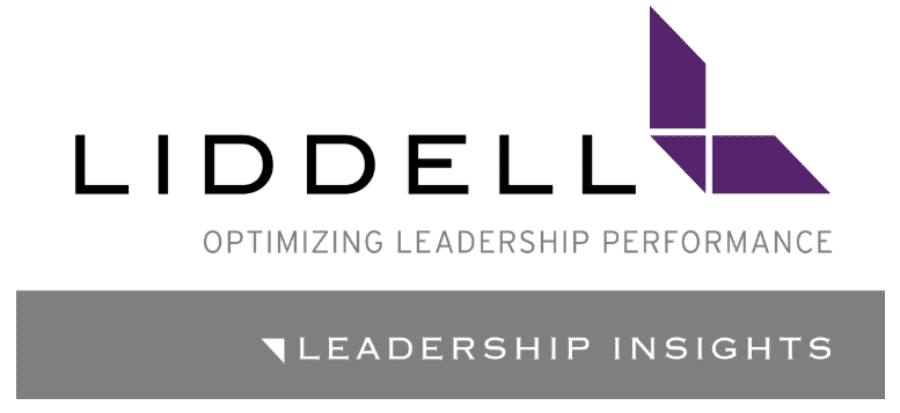Effective communication is a critical component of organizational success. It is used to exchange ideas and information, persuade and inspire others, solve problems, and even entertain. Yet, not every organization, or their leaders, do it well. Since communication occurs in every aspect of business, understanding how ineffective communication can impact organizations’ bottom line is important. As mistakes and misunderstandings add up, profits go down.
The good news is that everyone possesses the ability to communicate effectively. To become an effective communicator, however, you need to have the desire, understand the communication process, master basic skills and practice.
Developing communication basics…
- Understand how people’s perceptions and viewpoints differ
- Learn the basics of face-to-face communication
- Recognize the difference between one-way and two-way communication
- Master the nuanced skill of listening
- Understand how you can improve your active listening
Types of Communication
Communication methods – the spoken word, written communication, physical expressions or mixed methods – are diverse and offer varying ways to connect with others. When communicating, how people are perceived by others can enhance communication or create barriers that inhibit effective communication. The attitude of the sender or receiver, the emotional climate, and body language, for example, can put the receiver at ease or on guard.
Verbal.. the words you say
Vocal.. your voice intonation and inflection
Visual.. your facial expression and body language

The Importance of Listening
Since communication is a two-way process, being a good listener is essential for effective communication to occur. Listening is far more than the exchange of information. Good listeners have the ability to be open to the conversation – how to ask questions, specifically open ones, to show interest and listen to the answers. Going one step further, good listeners ask for feedback to reinforce they heard the correct message – otherwise known as active listening.
- Paying attention and showing you are really listening
- Establishing and maintaining good eye contact
- Using silence when appropriate
- Not jumping to conclusions – listening to all that is being said
- Keeping an open mind and not picking and choosing what you would like to hear
- Seeking clarification and paraphrasing what you have heard
Becoming a good listener…
Good Leaders Prioritize Communication
Effective communication is an essential part of leadership. Some leaders tend toward informal, others prefer formal processes; but good leaders understand the importance of the audience and choose the method that is most positively received. Leaders who are the best communicators, keep perspective, have empathy, control emotion, respect ideas, come prepared, and avoid personal biases. Strong leadership takes work and so does effective communication.
Start Your Journey to Success
We’re ready, are you?
We know that every company has a unique set of challenges. Our perspective can help simplify what needs to be improved and our time-tested methods can provide clear steps toward your performance goals. Contact Liddell today.


